Tanzania
A Dar es Salaam court on Monday banned media from live broadcasting the trial of Tanzania's main opposition leader, Tundu Lissu, who is charged with treason.
Principal Resident Magistrate Franco Kiswaga said the ban was put in place to protect the identities of civilian witnesses.
"Live streaming, live broadcast, and any other kind of live distribution of content online to the public including on social media or video broadcast ... are hereby prohibited," Kiswaga ruled during preliminary proceedings on Monday at the Kisutu Resident Magistrate's Court.
In April, Lissu was arrested following a speech that prosecutors said called on the public to disrupt presidential and legislative elections scheduled for October. If convicted, the politician, could face the death penalty.
Lissu condemned the decision to keep the trial behind closed doors, saying that the ban would allow the court to operate in "darkness" and prevent his supporters from following the case, "Justice must be done and be seen to be done," he said.
Lissu is the leader of Tanzania's biggest opposition party, CHADEMA, which has been banned from participating in the general election in October after demanding changes to an electoral process that it said favours the ruling party.
Despite being shot 16 times in an assassination attempt in 2017, the 57-year old former lawyer ran for President in 2020, where he placed second.
A series of high-profile arrests and explicable abductions has put the spotlight on Tanzanian President Samia Suluhu Hassan's human rights record.
A 2024 report by the U.S State Department said that rights in the East African country had deteriorated, with many violations perpetrated by the government, including "arbitrary or unlawful killings; disappearances; torture or cruel, inhuman, or degrading treatment or punishment; arbitrary arrest or detention; and serious restrictions on freedom of expression and media freedom".



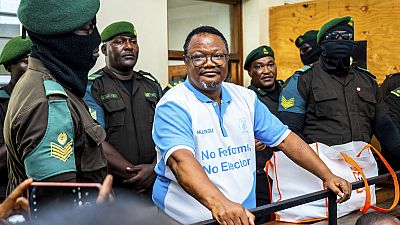


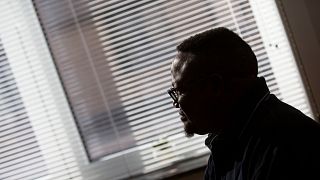

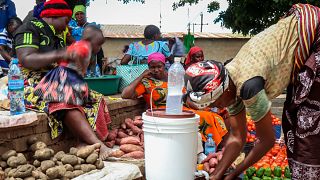
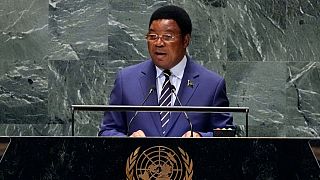
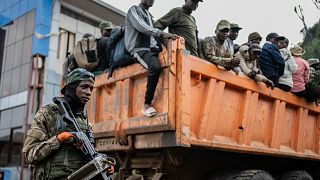
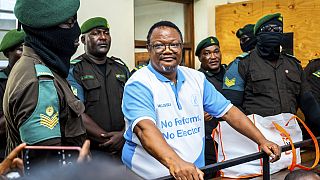
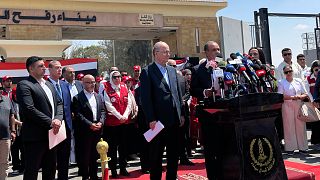
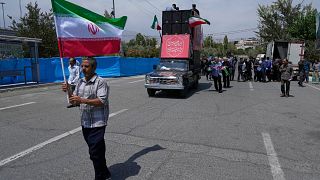
01:00
Pix of the Day: August 18, 2025
Go to video
Nigeria has arrested 2 militant leaders on its most wanted list
02:22
Zelensky brings backup in first White House visit since Trump shouting match
01:20
South Africa slams U.S. human rights report as “deeply flawed”
Go to video
AU backs campaign to replace distorted Mercator map
Go to video
Senegal President exempts himself from new anti-corruption law